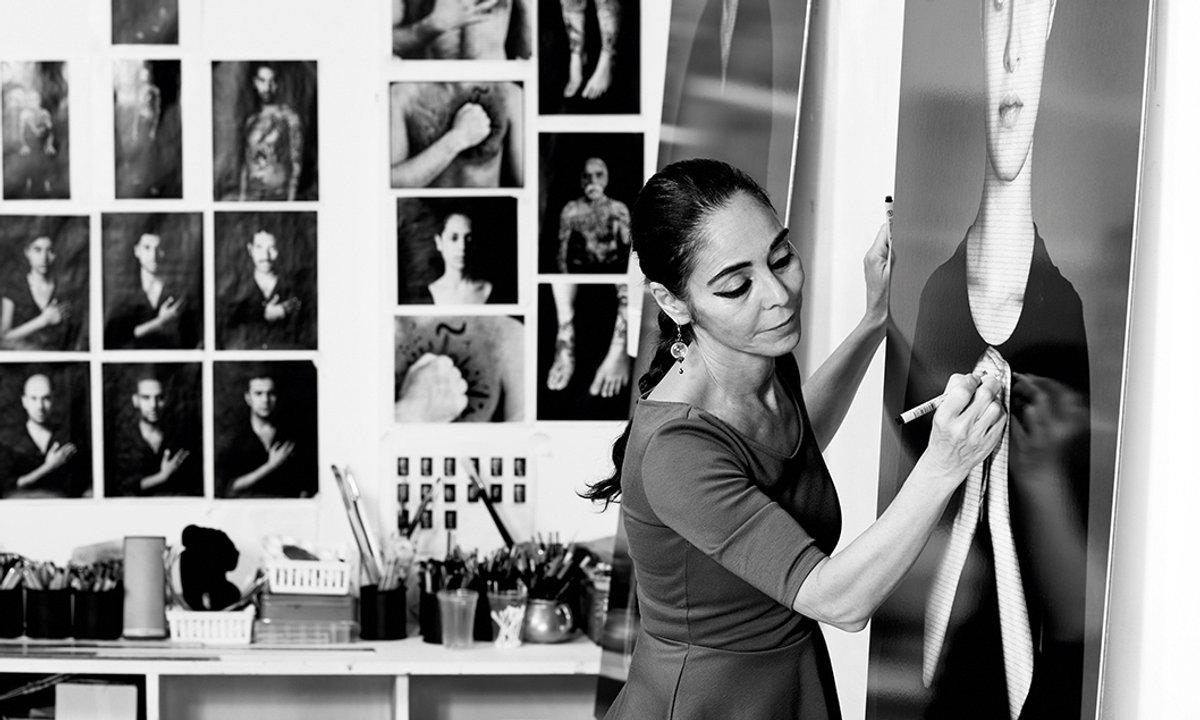
"In turbulent times, how do artists survive and thrive? Over the course of a year, the writer Lydia Figes met more than 50 artists and asked them all one key question: "If you could give one piece of advice to a young, aspiring artist today, what would you say?" The result is a roadmap publication offering counsel and insights for creatives and artists."
"Nine thematic chapters offer guidance on how to negotiate the realities of the art world, discussing topics such as the merits of art school, mental wellbeing, mentorship, engaging with politics and gallery representation. This last chapter provides practical advice, with the British artist Caroline Walker advising, for instance, that young artists should draw up their own consignment agreements when working with a new gallery. Interviews with the likes of Anish Kapoor, Shirin Neshat, Tracey Emin and Jesse Darling punctuate the narrative."
""The book encourages young artists to resist the pressures of finding 'success' and fame rapidly, especially if it compromises the overall integrity of their practice," Figes says. "It's OK to take your time. The sentiment stems from [the American conceptual artist] John Baldessari's philosophy: 'Art is long and so is life'." Figes points to the increasing commodification of the art world and the financial pressures facing creatives today, especially for those without wealth or a financial safety net."
More than fifty artists offered concise advice about how to survive and thrive during turbulent times. Guidance covers negotiating the realities of the art world, including art school, mental wellbeing, mentorship, political engagement and gallery representation. Practical recommendations include drawing up consignment agreements when working with a new gallery and seeking dependable mentorship. Advice encourages resisting pressures to pursue rapid success or fame when that would compromise artistic integrity, advocating patience. The findings highlight increasing commodification of the art world and acute financial pressures for those without wealth or safety nets. Reflections from Rainer Maria Rilke emphasize shared personal struggles and mentorship.
Read at The Art Newspaper - International art news and events
Unable to calculate read time
Collection
[
|
...
]